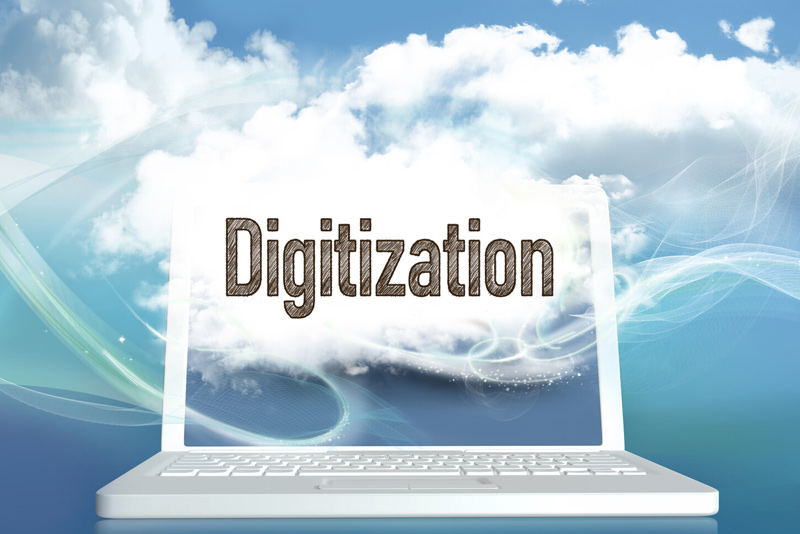Land records are the earliest, largest, and most complete type of record in the United States. They include everything, right from when the colonists settled on the land to show legal proof of ownership. Land records can be found at different government levels, including federal, state, and county and is mainly handled by County Clerks, Assessors, Recorders, and Registers of Deeds. These records may include diverse details land entry case files, right of ways, mineral surveys, township surveys, and water rights. Document scanning services help preserve paper historic land records by converting them into electronic format.
Pulling manual records from the storage area to find a relevant document to meet a user’s request or pulling out a roll of microfilm and loading it in a reader/printer is a time consuming for busy clerk-recorders. Digital scanning and historic preservation of valuable records overcomes such challenges.
Land can be acquired either from the government or from an individual. The first sale of land from the government to a person is referred to as a grant. The sale of that land from person to person is recorded in a deed. A deed is a written legal document transferring ownership of property from one person to another. Deeds were usually written up by a county clerk, a lawyer, a justice of the peace, or someone else familiar with the needed legalities of a deed. Many counties have transferred their deeds to microfilm or microfiche or have digitized them for better access. Some counties and entire states have placed all or some of their land deeds online. This not only allows records to be accessed easily and quickly, but also provides a backup of the physical material.
Besides deeds, other records that county clerks, assessors or recorders have to digitize and preserve include maps related to parcel, survey, subdivision and assessment, documents such as official records, miscellaneous records, vital records, and indexes to patents, deeds and grantor-grantees, historic newspapers, court records and census records.
Digitization of land records provide diverse advantages –
|
If such records are not digitized, valuable time would have to be spent handling physical records. Other potential risks include damage from natural disasters and challenges like missing data due to microfilm deterioration and decay.
An overhead scanner can be used to capture the entire book as it exists and for record on microfiche or aperture cards, the entire sheet/card can be captured, including the title strip to get the context of the image.
The document scanning process involves scanning the records and converting them into electronic format, and indexing digital data by document number, book and page, grantor/grantee, or legal description. Scanned documents can be imported to the user’s current document management system. Professional document scanning companies can help with
- paper as well as microfilm/ microfiche scanning
- document indexing
- image to text conversion
- book conversion
- data extraction
- Intelligent Character Recognition, and more
Offices handling land records must be prepared for the transition from hard copy to digital. To preserve those digital records, make sure to –
- organize and sort those digital materials in to document types such as maps, drawings, microfilm and aperture cards
- determine the online destination for data and images and
- name the files appropriately to make it easy to access
Before signing up and sending such valuable records to a document conversion company, make sure that the company has relevant experience in the field and has strict data security policies in place.




